Parents often fall into a trap where they provide very little attention to desirable behaviour and instead engage with inconsiderate behaviours that they find annoying or challenging.
As parents our response to children’s behaviour trains them to respond to situations in different ways. The fundamental principle behind parental attention is that considerate behaviours that are recognised and paid attention to will be seen more often. Children want to have positive interactions with their parents and seek affection and approval from them. However, parents often give more attention and time to inconsiderate behaviour and forget to acknowledge or focus on considerate behaviours that we see from our children.
Dr Anna Cohen, Sydney’s leading Clinical Child Psychologist offers advice to parents on how to reduce inconsiderate and inappropriate behaviours from their children and encourage considerate and appropriate behaviours.
• Be consistent. Behaviours that receive attention increase. Pick three or four target considerate behaviours such as good listening, using a calm voice, following instructions, staying in bed, and get ready to catch your child doing them so you can acknowledge and positively reinforce them. If your child does not normally comply with instructions straight away, consistently acknowledge them any time you notice them moving toward the behaviour, for example ‘Great work starting to pack away your toys.’
• Effective acknowledgement of good behaviour. When you are consistently labeling considerate behaviour, you are helping your child feel good about what they are doing, and they will seek to do it more regularly. Over time, this behaviour will become automatic and established in their subconscious. Acknowledgement is extremely powerful in influencing your child’s behaviour, and is also an important way of growing their confidence and self-esteem. You can acknowledge your child through simple words, your body language, a smile and/or words for example, ‘That was a nice thing you did to share with your sister.’ Avoid giving material rewards when your child practices considerate behaviour, by simply acknowledging their behaviour you are helping them feel noticed and validated.
• Consider the meaning behind the behaviour. Understanding a situation from the child’s perspective helps parents manage their child’s behaviour in a mindful and calm manner. Children often show how they are feeling through their behaviour as a way to express their emotional needs, something often forgotten by parents. Having the ability to feel empathy for our children, and understand their internal world helps them know their feelings are validated. Helping your child
make sense of their emotions and the internal processes that are fuelling the behaviour they are exhibiting will be a powerful way to help them remain regulated and manage their own behaviour.
• Child-centred time. Children need one-on-one time with their parents regularly to limit their need to gain attention by engaging in negative and inconsiderate behaviour. This time should be lead by your child, where they choose what they would like to play and how they’d like to play it. It’s the parent’s role to join in, encourage and acknowledge appropriate behaviour and avoid giving instructions or criticizing. Child-centred time will strengthen your relationship with your
child, making them feel secure and creating the foundation for dealing with conflict and inconsiderate behaviour.
Parents should look to ignore low-level inappropriate behaviour such as talking back, however that is not to say you should ignore all inappropriate behaviour.
Behaviour that cannot be ignored should be dealt with respectfully and consistently. Recognising why your child may be behaving in a particular way is the first step to improving their behaviour. As you establish regular, quality time with your child where you are able to effectively acknowledge positive behaviours, you will find that their inconsiderate behaviour will reduce and considerate behaviours with be seen more and more.
For more information or professional advice contact Sydney’s leading Child Clinical Psychologist, Dr Anna Cohen at Kids & Co. – www.kidsandco.com.au
Share your comments below
We may get commissions for purchases made using links in this post. Learn more.

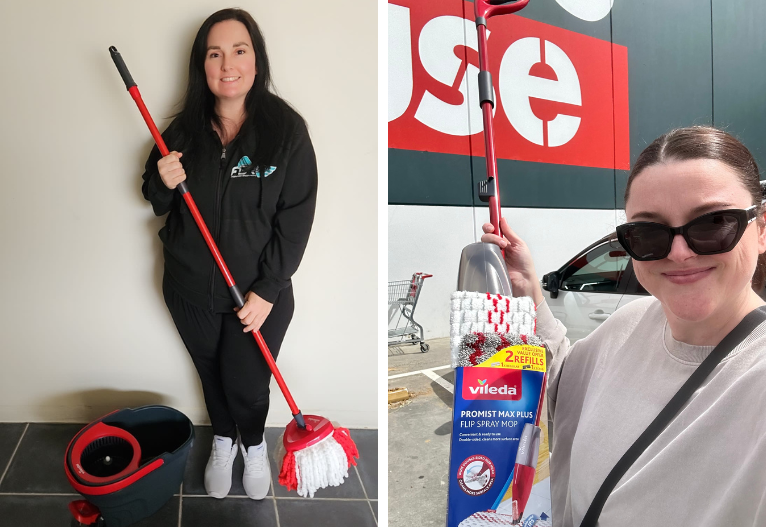


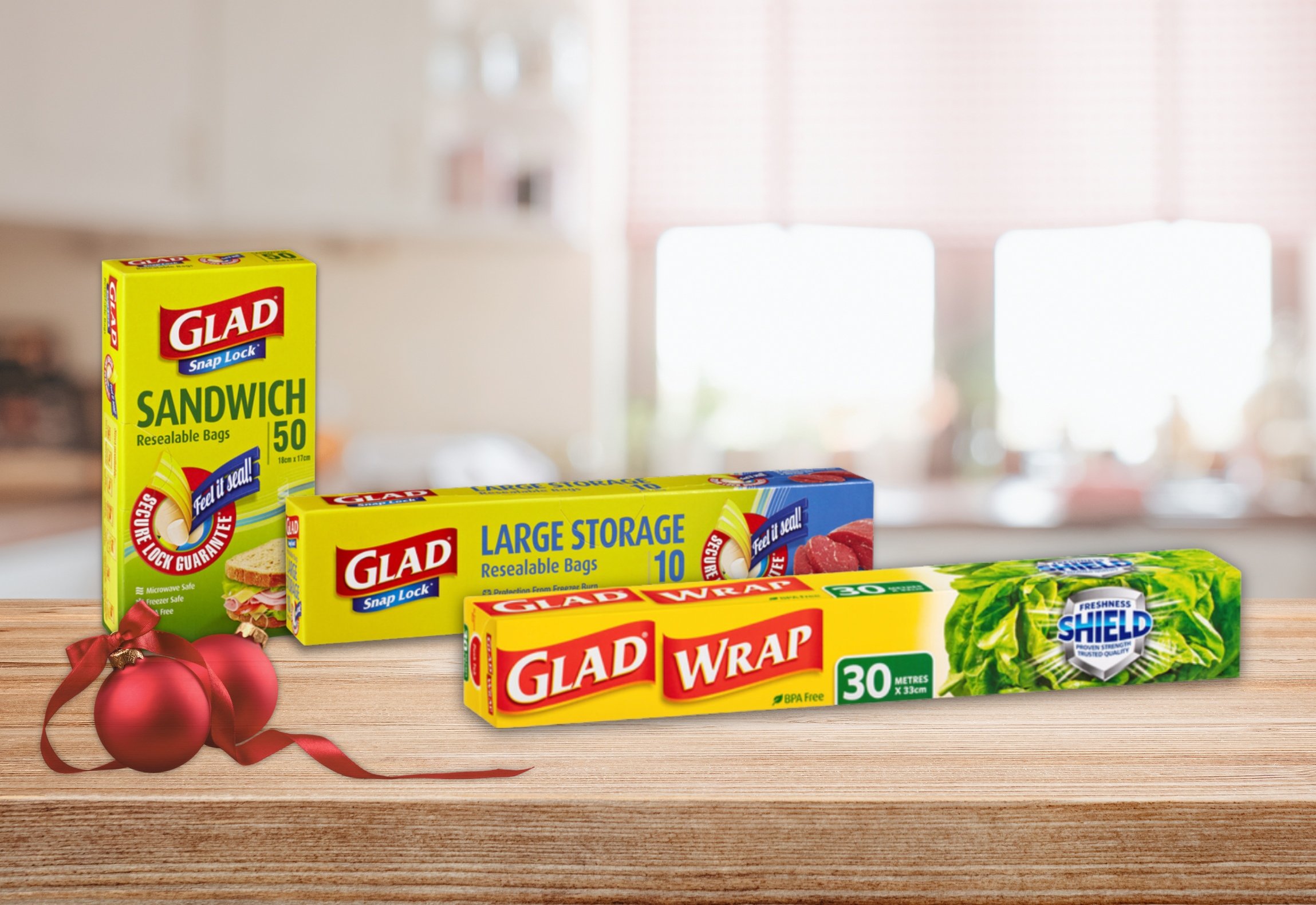


















-
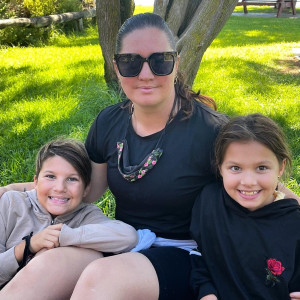
-
-
-
missliss89 said
- 07 Nov 2018
-

-
-
-
mom111059 said
- 06 Nov 2018
-

-
-
-
nealsq said
- 03 Nov 2018
-

-
-
-
Cookfromscratchmum said
- 03 Nov 2018
-

-
-
-
Ellen said
- 03 Nov 2018
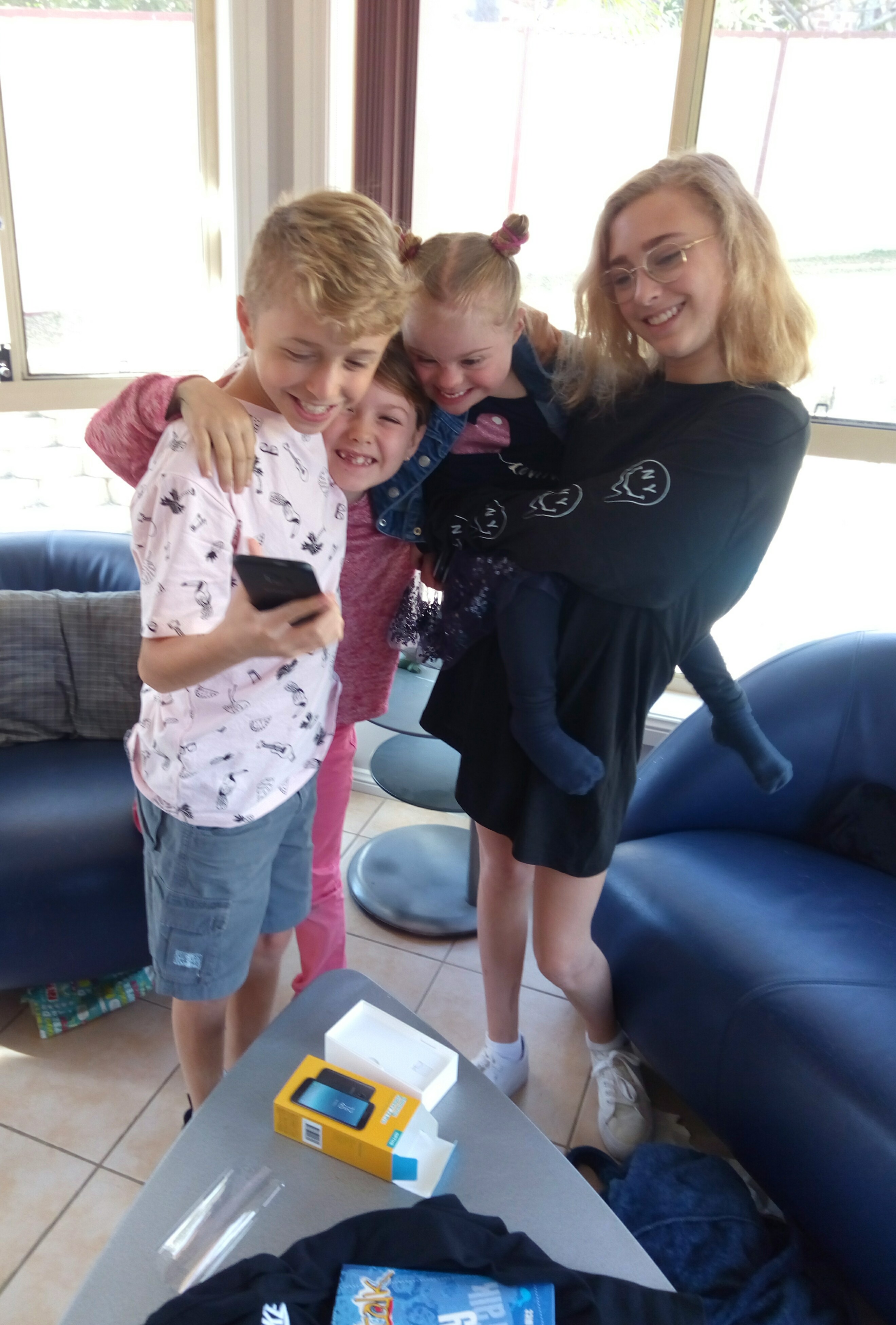
-

-
-
-
becstalou said
- 02 Nov 2018
-

-
-
-
Blossom said
- 02 Nov 2018
-

-
-
-
ashna9 said
- 02 Nov 2018
-

-
-
-
mom297125 said
- 02 Nov 2018
-

-
-
-
mom81879 said
- 02 Nov 2018
Post a comment3:26 pm
-

-
-
-
Mum2archer replied
- 22 Dec 2018 , 10:41 pm
Reply2:55 pm
8:27 pm
9:46 am
8:39 am
-

-
-
-
Ellen replied
- 05 Nov 2018 , 3:13 am
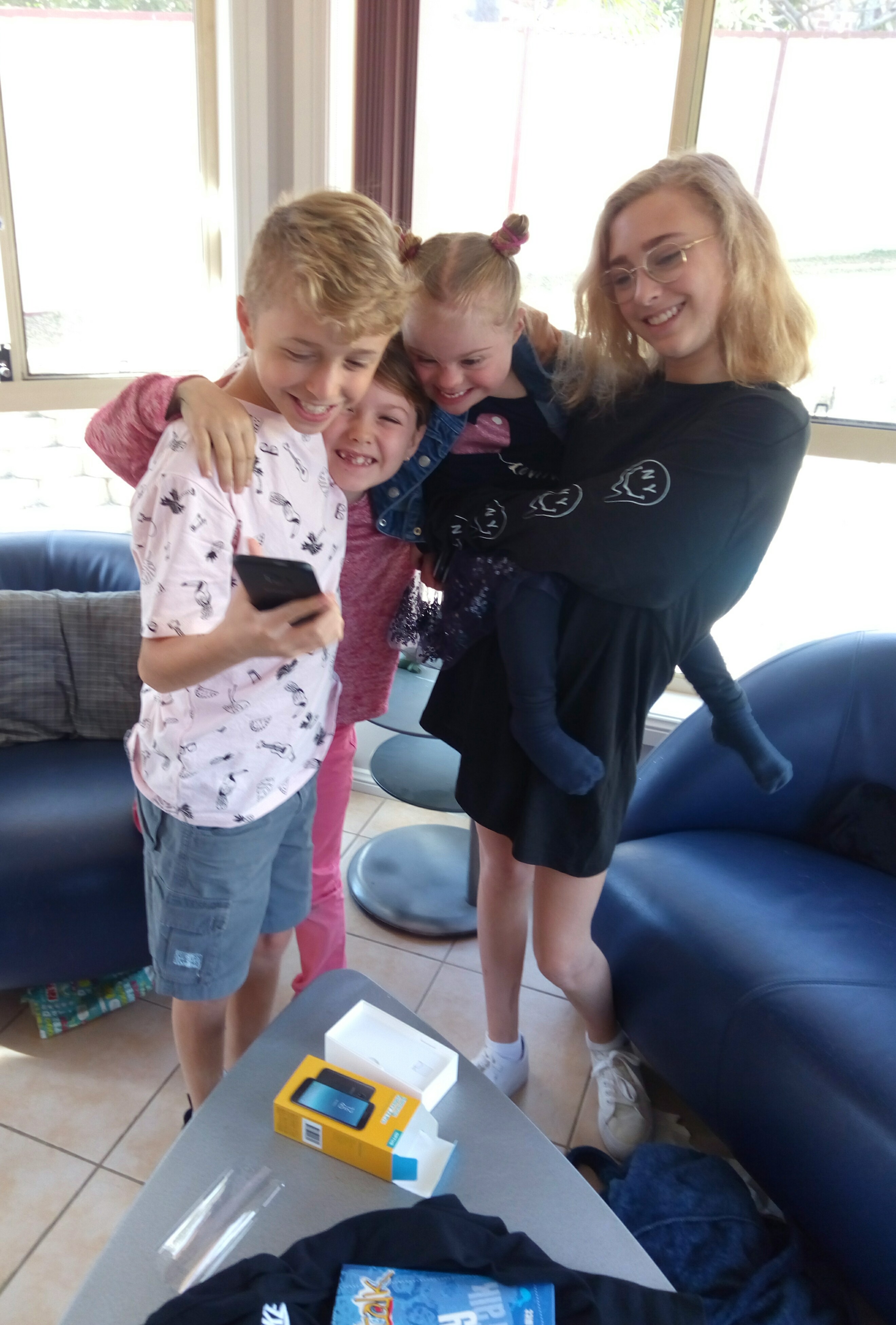
Reply9:06 pm
8:58 pm
6:16 pm
12:35 pm
11:14 am
To post a review/comment please join us or login so we can allocate your points.